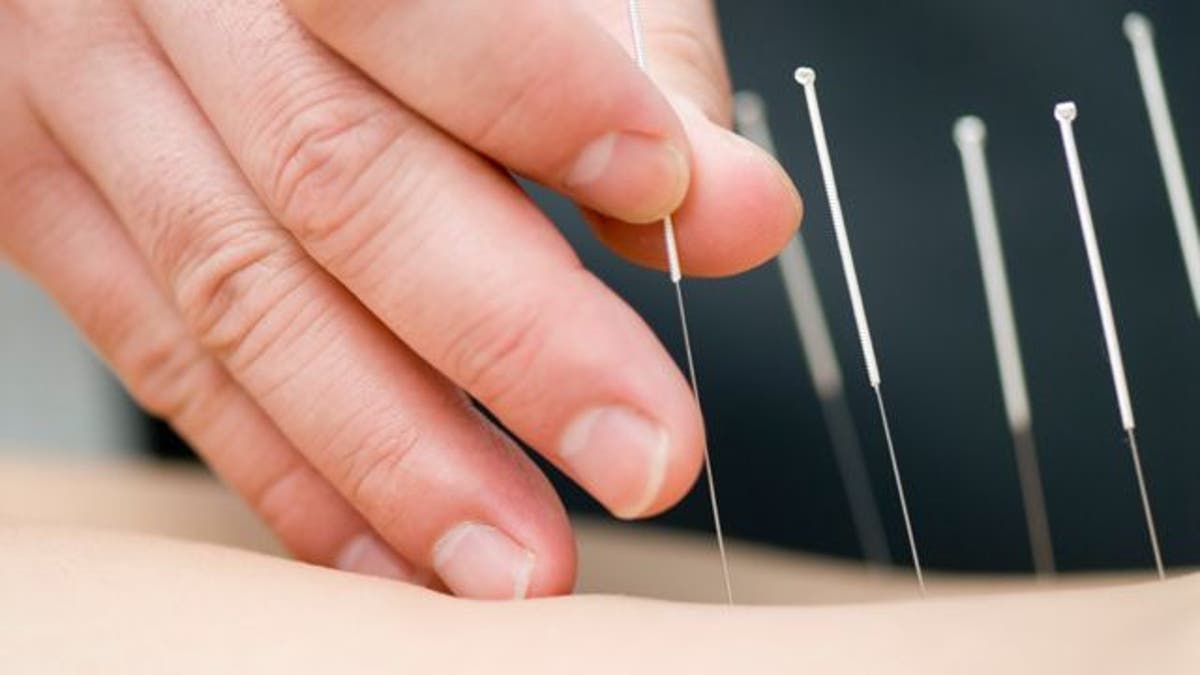
The use of acupuncture has significantly increased over the past decade in women and couples with infertility who are trying to improve their chances for pregnancy. Some pursue acupuncture to relieve the anxiety, frustration, and stress related to infertility, yet many questions remain about whether and how acupuncture may improve fertility.
Below are answers to commonly raised questions that can help patients who are contemplating acupuncture to increase their chances of conceiving.
Can acupuncture help to increase fertility?
There have been conflicting results with studies that have shown increased pregnancy rates, while others have not. Despite a lack of consensus, many women have conceived on their own or during fertility treatments while undergoing acupuncture.
When is acupuncture usually started for fertility concerns?
This varies. Acupuncture may be started when a woman begins trying to conceive, immediately before beginning fertility treatments or after several unsuccessful months/years of trying on their own or with fertility treatments, or during the first several weeks of pregnancy.
If pregnancy does happen after acupuncture is started, is this treatment continued?
Many will continue acupuncture treatments to support their pregnancy and the overall well-being of the mother. After pregnancy occurs, a combination of acupuncture, nutrition, and lifestyle recommendations can be used for stress reduction, to minimize nausea, and to alleviate low back pain or pressure that is common in the later stages of pregnancy.
Does acupuncture work for every patient?
In a similar fashion to any treatment, the effects of acupuncture vary and may provide improvement for some patients. However, some patients may not perceive a benefit.
What are the possible theories of how acupuncture may improve fertility?
From historical and modern Eastern and Western acupuncture medicine authorities, it is thought that acupuncture may improve fertility rates by helping to regulate menstrual cycles and ovulation, regulating hormone levels, increasing blood flow to the uterus, and by improving the quality of eggs and sperm.
What does a typical acupuncture session look like?
The initial visit is usually 75-90 minutes. This visit usually begins in a private treatment room where patients will rest with the tiny needles comfortably inserted for 25-30 minutes.
Is acupuncture painful?
Some patients are anxious about the needles. However, the needles used for acupuncture are different than those used for injections or blood draws. They are very small disposable stainless steel needles that are gently and painlessly inserted into specific acupuncture points.
Is acupuncture covered by insurance? If not, what is the general cost?
Insurance plans vary in their coverage. Some patients can submit the invoiced charge of treatment to their insurance company and they may be reimbursed for a portion of the cost. The cost of an initial appointment can be $100-150 (75-90 min) and follow up appointments may range from $80-95 (50-60 min).
How many sessions are usually recommended for a patient with fertility concerns?
There is no set number of sessions, though many acupuncturists recommend beginning 2-3 months prior to trying to get pregnant or to starting fertility treatments.
Aaron K. Styer MD is a board certified reproductive endocrinologist, founding physician partner, and co-medical director of CCRM Boston in Chestnut Hill, MA.
Sharón Bacigalupi, MPH, MAOM, Dipl.OM, L.Ac. is a licensed acupuncturist and herbalist through the National Certification Commission for Acupuncture and Oriental Medicine and is the founder of Turning Leaf Acupuncture in Brookline, MA.








































